Storm Ciara Wreaks Destruction Across Europe
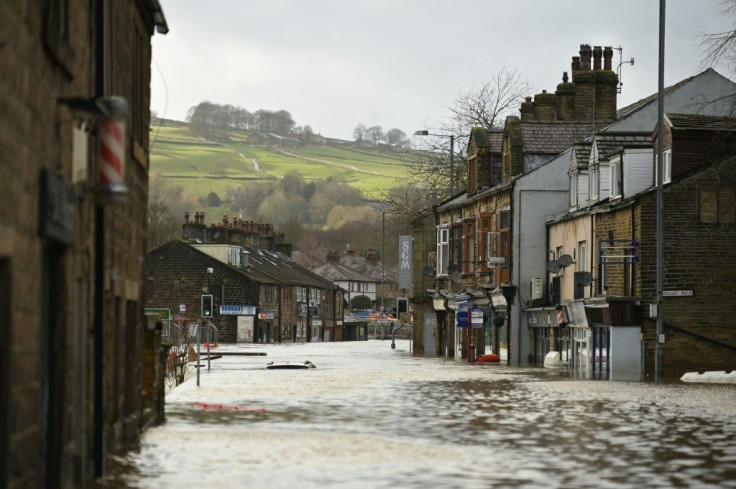
Fierce winds and heavy rains claimed at least six lives across northern Europe on Monday as Storm Ciara disrupted travel, grounded hundreds of flights, flooded roads and left vast areas without power.
In one of the region's most violent storms for years, one man died and another was reported missing in southern Sweden when their boat capsized.
In the Czech Republic, one man died when his car went off the road trying to avoid a fallen tree. Several other people were also injured in the country as winds blew up to 180 kilometres (110 miles) an hour, leaving 100,000 people without power, even toppling over a truck.
In Slovenia, a 52-year-old man died on Monday when a tree fell on his car as he travelled in the northeast of the country.
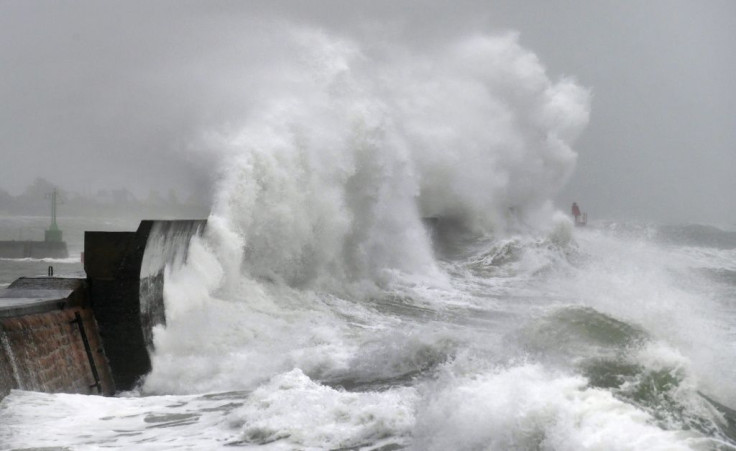
In southern Poland, a 40-year-old woman and her young daughter were killed by roofing torn away by the storm-force winds.
Police in London said that a man was killed in his car on Sunday when a tree fell on to a motorway southwest of the capital.
In the west of Germany, falling trees seriously injured three people: two women in Sarrebruck -- one of whom was in a critical condition -- and a 16-year-old boy in Paderborn.
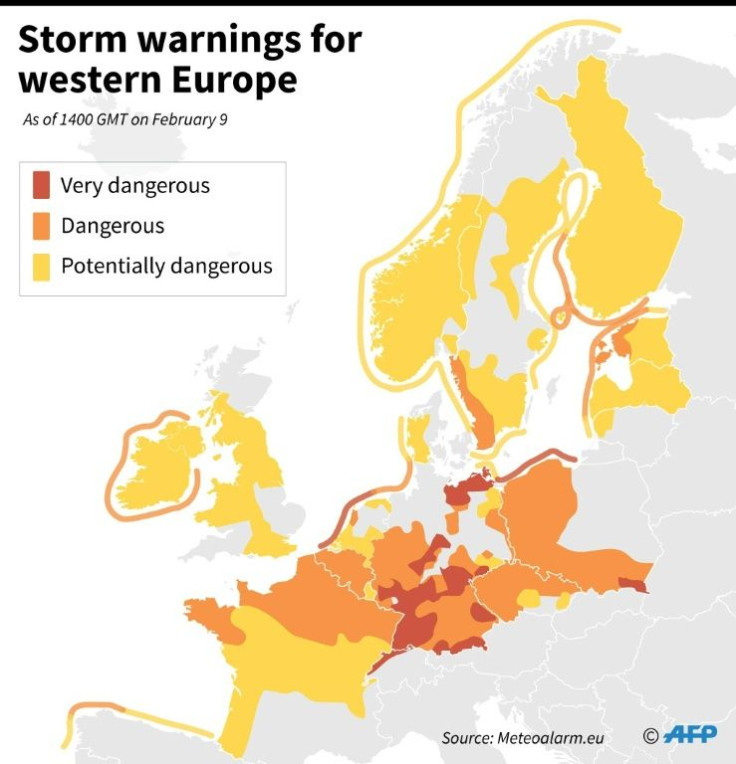
The storm has swept across the region since the weekend.
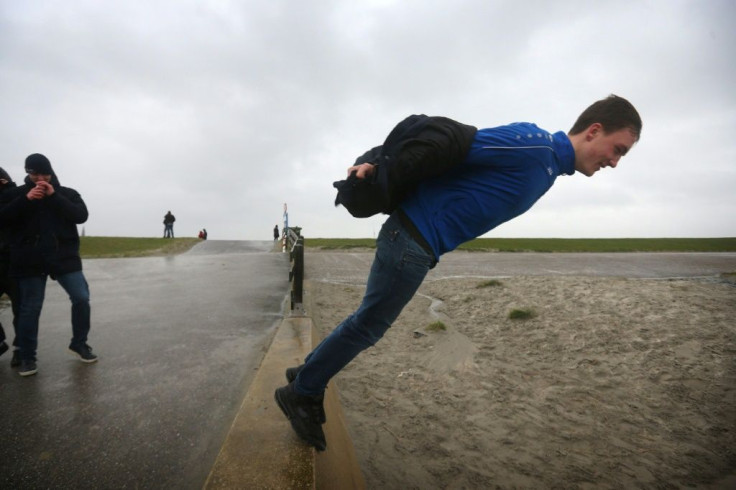
It caused extensive flooding in England, cut power to 130,000 homes in northern France and played havoc with air, rail and road travel in several countries.
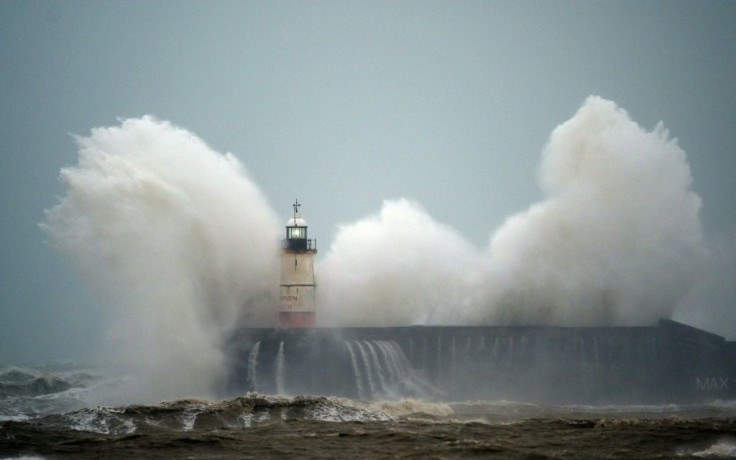
The storm also cut power to 35,000 households in northern Austria on Monday.
It forced more than 700 flights in four German cities - Frankfurt, Munich, Dusseldorf and Cologne - to be cancelled.
In the Netherlands, around 220 flights were cancelled Monday morning at Amsterdam's Schiphol airport -- Europe's third-busiest -- most destined for other European cities. Around 240 flights never took off on Sunday.
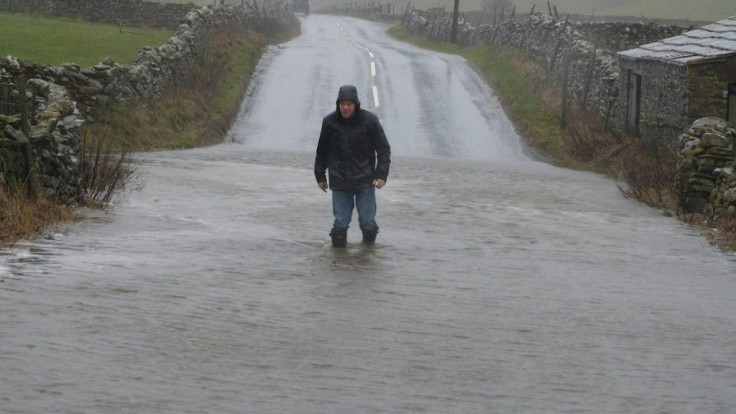
And having closed one of the big storm surge barriers as the tempest approached on Sunday night, Dutch police reported more than 600 kilometres of traffic jams Monday.
Tiny Luxembourg cancelled school classes, and in the Belgian capital Brussels, morning rush-hour traffic ground to a halt due to street closures and flooding.
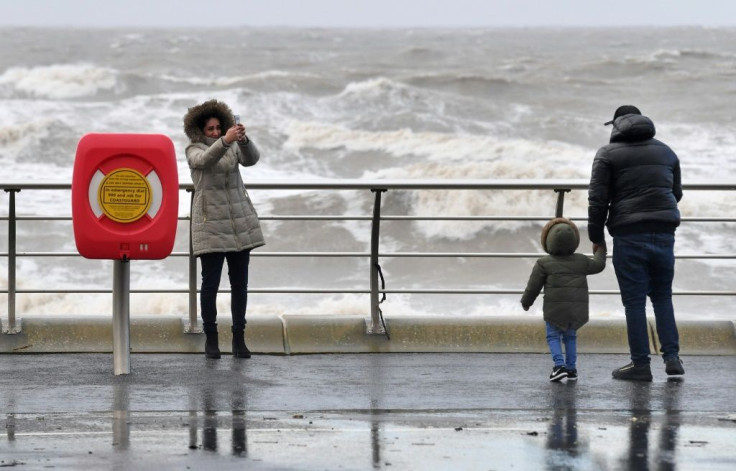
In the German city of Frankfurt the winds toppled a crane on to the roof of the cathedral, causing extensive damage.
In France on Monday, 90,000 homes of the 130,000 that suffered power outages a day earlier were still without power.
Britain's newspapers and the country's Met Office described Ciara as "the storm of the century" in terms of the scale of the destruction it wrought.
And Met Office meteorologist Alex Burkill warned: "While Storm Ciara is clearing away, that doesn't mean we're entering a quieter period of weather.
"Blizzards aren't out of the question."
In northern England, the West Yorkshire towns of Hebden Bridge and neighbouring Mytholmroyd were among the worst hit by the storm, as floods submerged cars and cut power to tens of thousands.
More than 170 flood warnings remained in place Monday.
Much of the initial damage and disruption was along northern Europe's coastline.
Channel ferry services between the southern English port of Dover and Calais in northern France resumed Monday morning after being halted the day before.
A whole Belgian offshore wind farm was shut down as powerful gusts caused the turbines to stop automatically for safety reasons.
And the Oresund Bridge linking Denmark and Sweden was closed for several hours.
The storm also forced the closure of large parts of the German rail network, but Deutsche Bahn had reopened some lines by Monday morning.
The weather also played havoc with Europe's sporting calendar, causing the cancellation of top-flight football fixtures in Belgium, England, France, Germany and the Netherlands.
The storm gave the plane a strong tail wind, helping it finish in the sub-sonic flight record time of 4 hours 56 minutes, according to flight-tracking website Flightradar24.
© Copyright AFP 2024. All rights reserved.




















